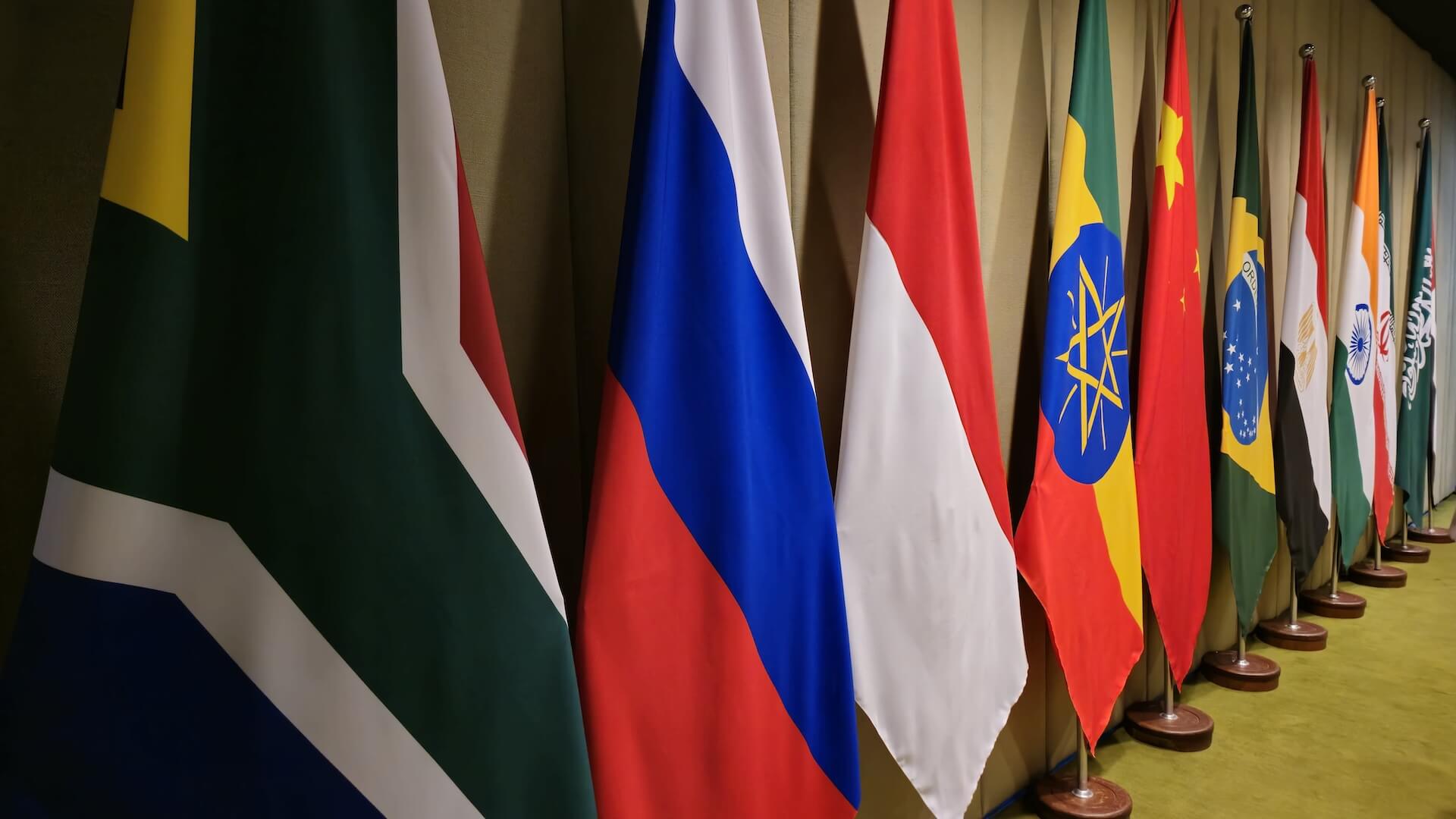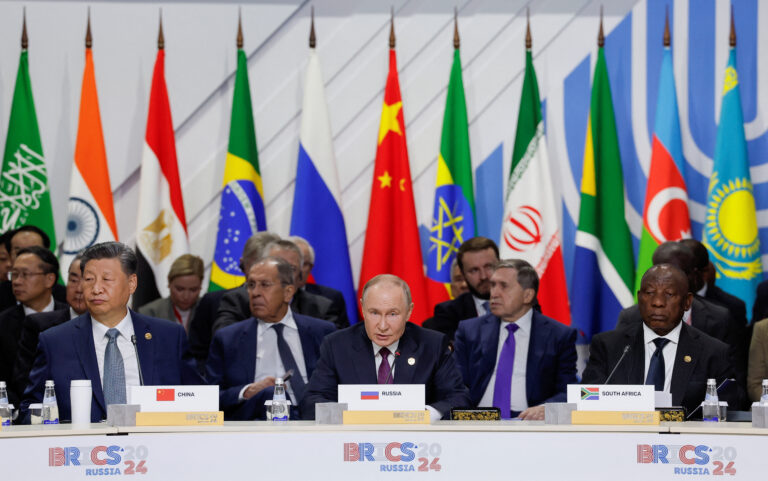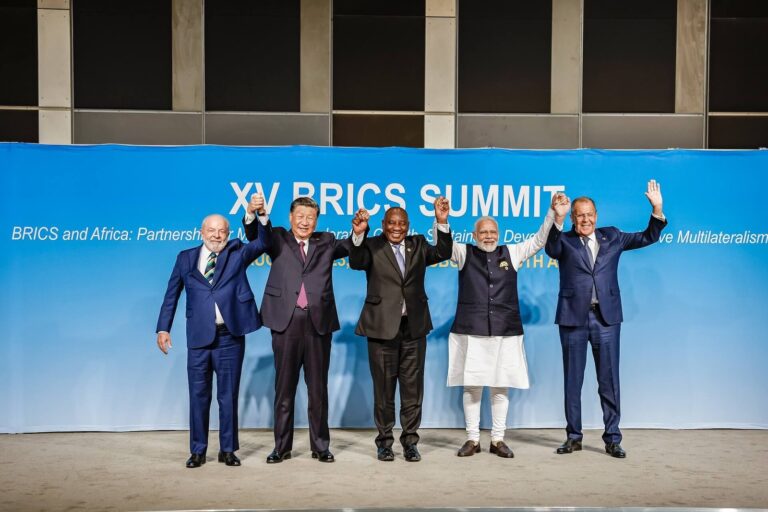The 16th BRICS summit is happening on the 22nd-24th of October 2024 in Kazan Russia. This summit will most likely revisit the nostalgia of the April 2011 Summit that took place in Sanya, China, when South Africa attended for the first time after being added in December 2010. Just like it was then Kazan will see Egypt, Ethiopia, Iran, UAE and Saudi Arabia attend after their admission in January 2024.
Russia the host of the 16th BRICS summit also holds the BRICS presidency for 2024, and they have invited about 26 other countries some of which have expressed interest in joining the formation that is at the forefront of rewriting human history as it checks on Western hegemony. The growth of BRICS is a viable indicator that the Global South is seeking for an alternative to the current international order. The fact the Palestine is invited to attend shows the cracks in the current multilateral system and the need for a multipolar world.
BRICS summit has in the past offered numerous opportunities to even countries that attend at observer level for example the 5th summit in the March of 2013 in Durban, South Africa that was remarkable for setting up of the BRICS think tank council and a Business Council.
At the same event in 2013 also through the same BRICS framework the first BRICS-Africa Outreach Dialogue took place and President Museveni of Uganda and President Xi of China finalized the deal for Karuma Hydropower plant construction.
On the sidelines of the BRICS summit that year, President Museveni and President Xi held talks and negotiations on financing and loan repayment. The Ugandan delegation successfully convinced their Chinese counterparts to reduce the interest rate offered by the Export–Import Bank of China (Exim Bank). As of September 2024, the plant was brought online, adding 600 megawatts to Uganda’s grid, increasing the country’s total capacity from 1,400 megawatts to 2,000 megawatts.
With over 30 countries expressing interest in some form to join the BRICS format, Kazan will be a ground for several sideline bilateral deals. Geopolitically and Geoeconomically Kazan will host from Asia Thailand, Malaysia, Bangladesh, Indonesia and Vietnam, a NATO member that is on two continents in Turkey. African Continental Free Trade Area players like Algeria and Nigeria with the biggest demographics on the continent among other members of the Global South.
At the moment the 10 members of BRICS boast of 45% of the world’s population which is a market, 28% of the world’s GDP and 47% of the energy sector in crude oil, numbers that make economic sense. Already trade within BRICS economies overlapped trade between the BRICS and G7 nations. Basically BRICS trading framework is Sanction proof and in the Global South sanctions have been used to further colonialism and West imperialism.
With the U.N. Security Council being a shadow of its former self, the post-World War II power structure, no longer reflects today’s fast paced realities and that has led to the need for reform, and the BRICS Sidelines could be the place for the Global South to hatch a proper plan for better representation and the scrutiny of the veto power.
Kazan provides opportunities for countries to improve diplomatic relations for example on the Nile River where Karuma Hydropower Plant is, Ethiopia could sit down with Egypt to discuss how best they can share the natural resource without the beating of war drums from time to time in the horn of Africa. A multipolar world is in need of a rethought system to take on today’s challenges, from war and climate change to future pandemics and the BRICS Sidelines provide the opportunity to dialogue for starters to pave a civilized path for humanity.
The writer is a senior research fellow at the Development Watch Centre.


